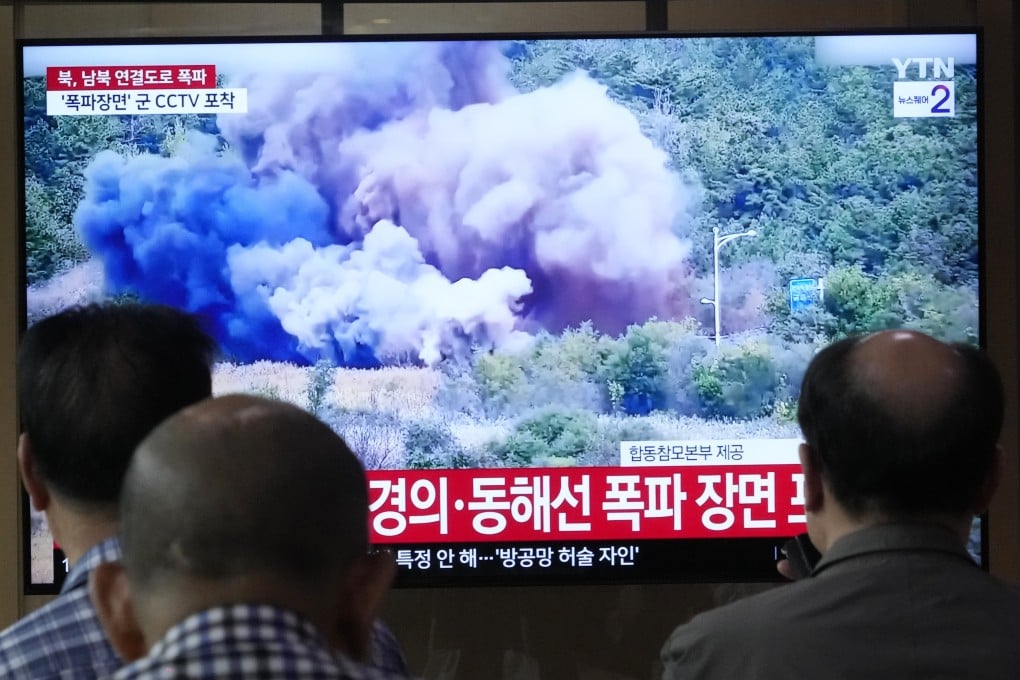Advertisement
Opinion | Can Asean diplomacy calm Korean tensions where big powers have failed?
Given that efforts by the US, China, Russia and Japan have not worked, it may be useful for Asean and Indonesia to step in
Reading Time:3 minutes
Why you can trust SCMP
1

The recent border detonations conducted by North Korea, which destroyed parts of two inter-Korean roads, signify a calculated and aggressive shift in Pyongyang’s strategy aimed at severing ties with South Korea. The action underscores North Korea’s commitment to establishing a hostile two-state system on the peninsula.
Advertisement
Accusations regarding South Korean drone incursions have exacerbated tensions, bringing both nations closer to the precipice of a military confrontation. The efforts of the United States, China, Russia and Japan have failed to resolve tensions and maintain regional stability, highlighting the inadequacies of the conventional diplomatic framework.
It is imperative to explore alternative avenues for de-escalation, particularly through regional actors such as the Association of Southeast Asian Nations and Indonesia, itself an Asean member, which have shown neutrality and diplomatic capability.
The bombed roads, north of the Military Demarcation Line, previously served as symbols of inter-Korean cooperation – Gyeongui Road facilitated business exchanges, while Donghae Road supported tourism to Mount Geumgang in North Korea.
Their destruction marks a significant regression in cross-border interactions. North Korea justifies these actions as essential for national security, characterising South Korea as its “invariable principal enemy”.
The regime’s increasing military posturing, including directives for artillery units to prepare for immediate operational readiness, further heightens fears of a conflict on the Korean peninsula. In response, South Korea has enhanced its military preparedness while condemning North Korea’s actions as violations of inter-Korean agreements.

Advertisement

